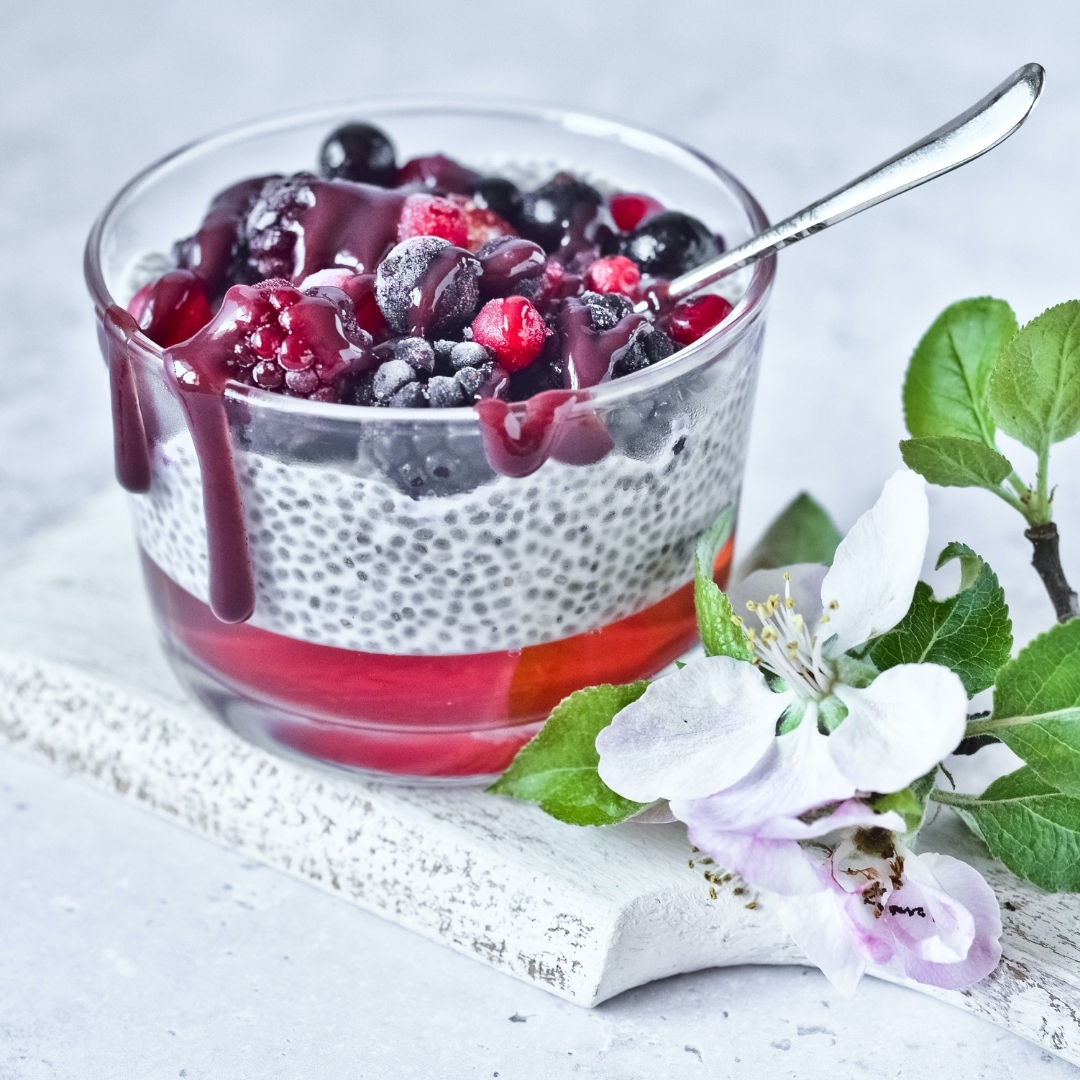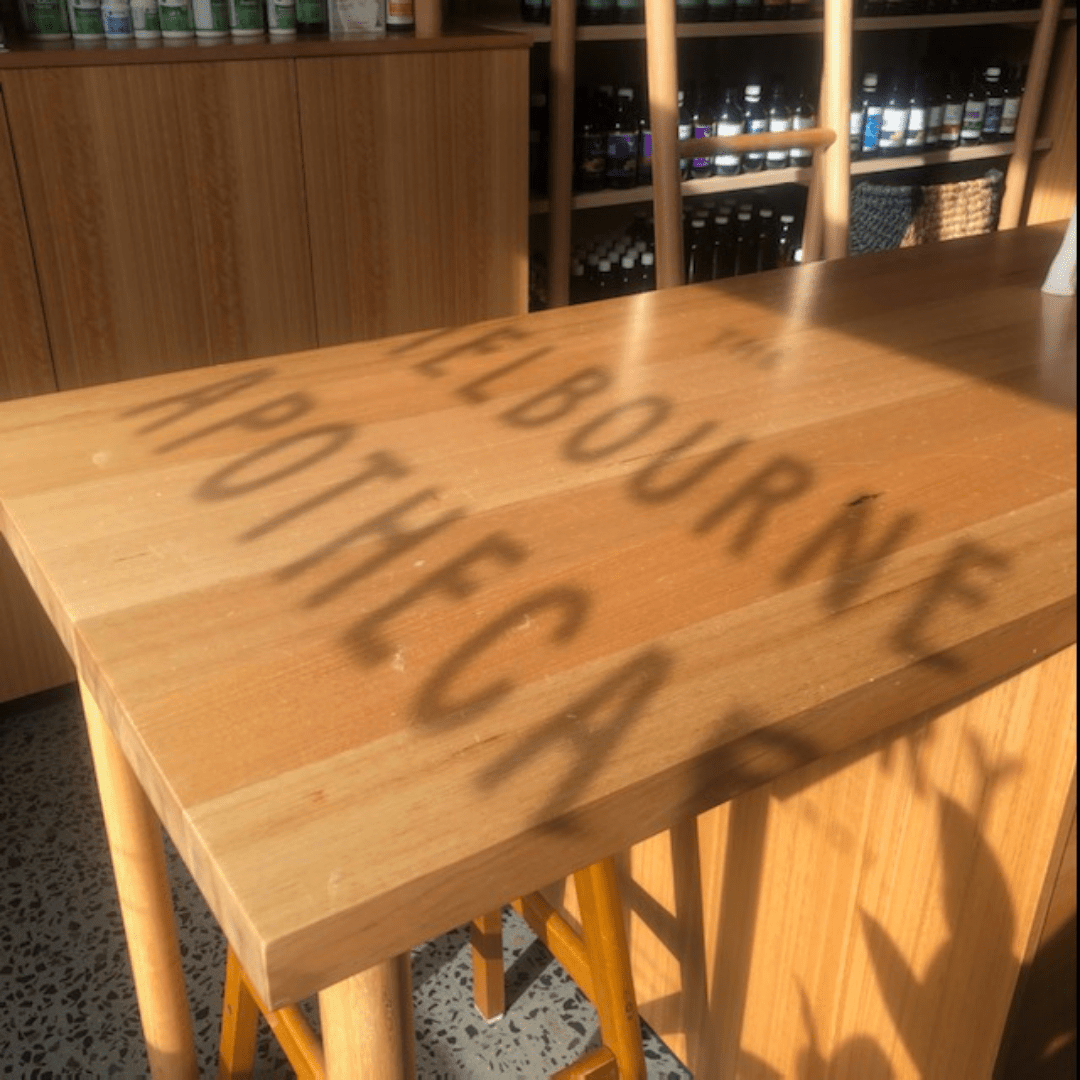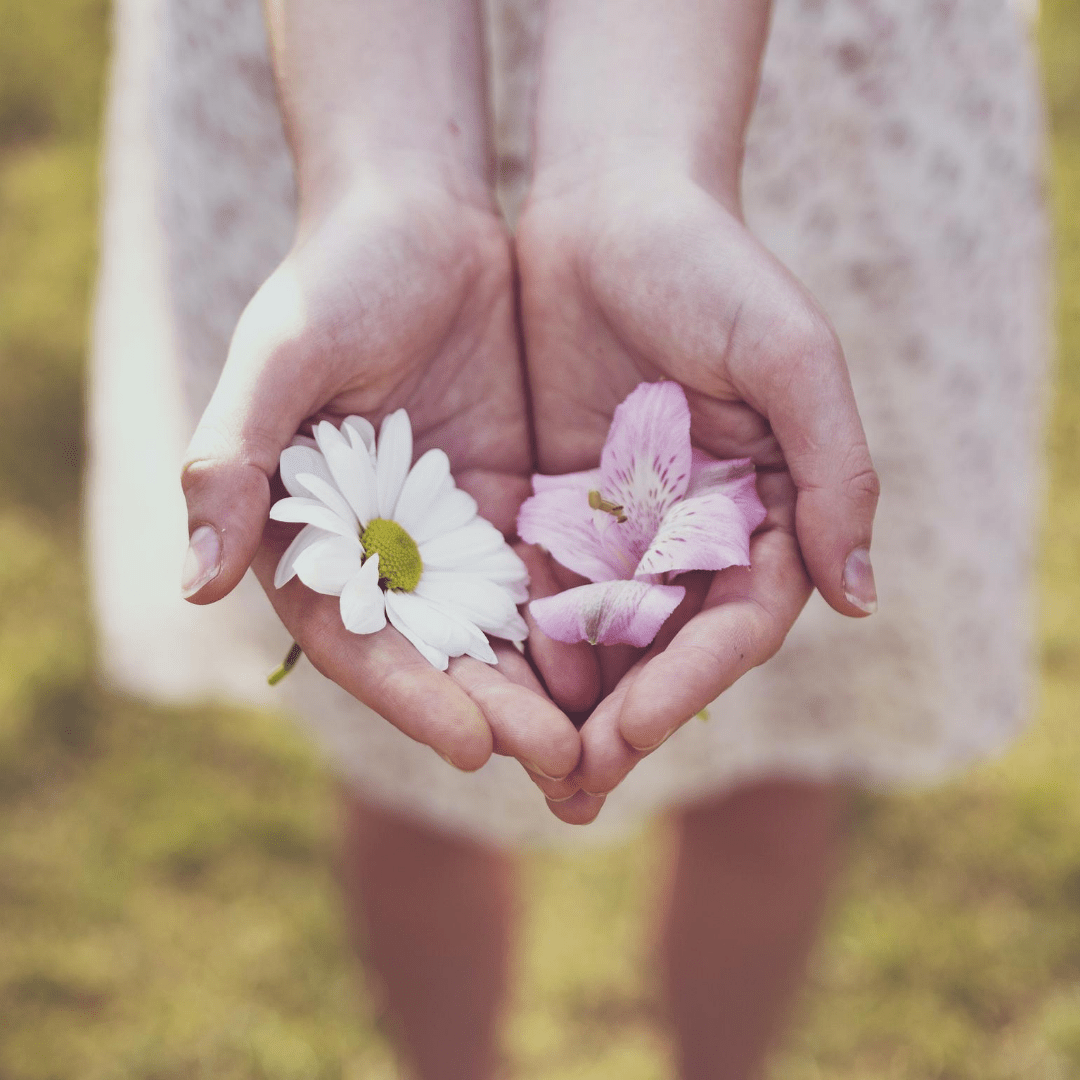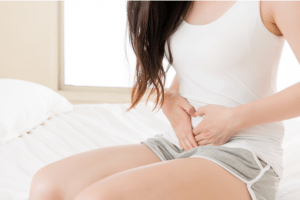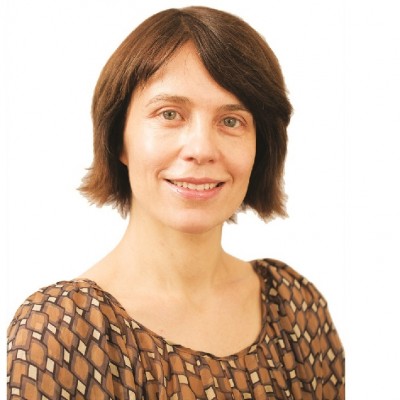
It’s important to explore your options for mind and body support during the two week wait, as this is the time between ovulation or transfer of an embryo during IVF, to when you find out the outcome of your pregnancy test. It can be a time of great anguish, as you wait (for about 2 weeks) to find out if you are pregnant.
Many women that have been on a fertility journey for a while often say they are living their life in 2 week increments. The 2 weeks leading up to their ovulation are filled with planning, and lots of sex in the days before ovulation, which then moves into stress and anxiety post ovulation, followed by a depressed few days when their period comes, to be repeated over and over.
Seek Support
To help support you in this time, here are a few tips to help optimise your body in lowering stress, improving your mood and as well as optimising your body to hopefully lead to a positive pregnancy test.
- Reward yourself with a massage, a shopping trip or a delicious meal out with your partner (no wine though please). There is some evidence that supporting dopamine can help support implantation. Dopamine is produced when we feel a ‘reward’, so no better excuse to treat yourself than this. It doesn’t need to cost money either, it could be running a bath for yourself with some candles, chatting with an old friend on the phone or anything else that feels good. As well as supporting dopamine, it can also help as a point of distraction during the two week wait.
Sex for everyone
- Commonly, when couples have been trying to conceive for a long time, sex can become a little mechanical and left for just the fertile window. However, studies show that a woman being exposed to a male partner’s semen post ovulation or transfer can actually help implantation. When an embryo implants into a woman’s uterus, her body has to perform a miraculous feat of down-regulating her immune system to allow the foreign cells from the embryo to join into her body and allow her blood supply to continue to nourish and grow the embryo. In no other time does this happen, think of how many immunosuppressive drugs a person must take in an organ transplant. It is believed that a woman continuing to be exposed to a male partner’s cells through contact with semen, this supports that down-regulation of her immune system to support the embryo’s implantation. Sex can also be a wonderful way to boost dopamine, see above, as well as to strengthen the connection between a couple.
- When going through the fertility journey, allowing sex to be for pleasure and not just baby making, can be a wonderful way to maintain your connection in any context you choose – be it to yourself, to your partner or otherwise. Sex can be supportive whether you’re conceiving naturally, through IVF or in a heterosexual or same-sex couple. For single women, self-pleasure can be just as beneficial.
When is sex not recommended?
The only time I may consider sex may possibly not be safe during the two week wait, is if you have a significant vaginal infection such as Bacterial Vaginosis. Hopefully this has been looked into and treated prior to conception but if you are unsure, speak to your naturopath practitioner.
Nutritional & Medicinal Support
- Eat nitric oxide rich foods such as berries, beetroot, dark chocolate, pomegranate and leafy greens. Nitric oxide is a chemical in the body that helps to open blood vessels and promote blood flow. Increasing blood flow is important for implantation to help nourish the uterine wall and embryo. Some examples of how to include these foods could be a berry choc smoothie with cocoa and organic raspberries, or a roasted cauliflower and beetroot salad with a yogurt dressing and pomegranate sprinkled on top. The other benefit of these foods is they are often feel-good foods, boosting your mood. Another fantastic way to support blood flow can be getting acupuncture, and many studies support acupuncture for not only improving implantation but also relieving stress and anxiety.
- Take your progesterone or progesterone supportive herbal medicines. Progesterone is produced in a natural cycle post-ovulation from the corpus luteum, the temporary gland that is produced once an egg leaves the ovarian follicle. Progesterone supports implantation by down-regulating the immune system, lowering inflammation and maintaining the uterine wall for implantation. If during your preconception work up, your naturopath has found you have low progesterone, they may have implemented strategies through nutritional supplementation or herbal medicine to increase progesterone levels. If this is the case, please remember to take your medicines in this time as it is important to continue to work on your progesterone. During an IVF cycle, progesterone pessaries are very commonly prescribed, and please continue taking these as prescribed by your fertility team. There are other benefits too – low progesterone can increase anxiety and insomnia, so by supporting healthy levels of this hormone you can also support a happy mood.
- Take your probiotics: some strains of probiotics can support progesterone production which helps with implantation as well as supporting good bacteria that support implantation as well. Bifidobacterium strains, in particular, have some research they can increase progesterone, while the lactobacillus species are the beneficial species in the vaginal microbiome. As mentioned above, vaginal infections can possibly affect the implantation process, by increasing inflammation, and triggering the immune system, so support a healthy vaginal flora while helping to boost your progesterone levels. Speak to your naturopath about which probiotics are right for you, as different species have different roles in the body.
These strategies can be really helpful in supporting your body to increase the chances of falling pregnant and lowering your stress and anxiety during the two week wait, but the real work comes in preparing your body BEFORE conception. Working with your naturopath for at least 4 months prior to conceiving, can increase your chances of pregnancy through natural conception or IVF by improving egg and sperm quality, supporting healthy nutrient levels, looking at microbiome issues and addressing hormone imbalances (just to name a few). There is a myriad of things we look at improving for people who are struggling to conceive.
If you would like to find out more how I can help you, please book a free 10 minute consult and we can have a chat about your current fertility struggles and make a plan to move forward.
Yours in wellness
Tess Doig
Tess Doig is a highly skilled degree qualified naturopath with over 9 years of practice specialising in the areas of fertility, pregnancy, women’s health and mental health. She is skilled in complex infertility cases, helping support many women and couples through unexplained infertility, recurrent miscarriage, IVF, male factor infertility and more.
Along with supporting singles and couples with fertility, she also has a passion for all areas of women’s health including hormone imbalance, gynaecological disorders, vaginal infections, autoimmune conditions and mental health.
Read more about Tess and make a booking to get started on your journey together.

